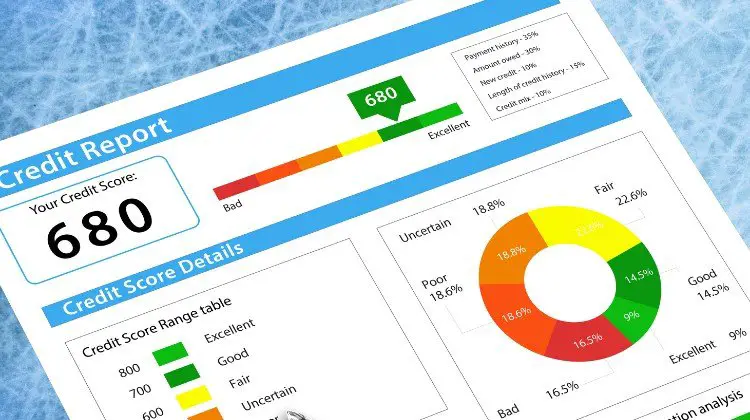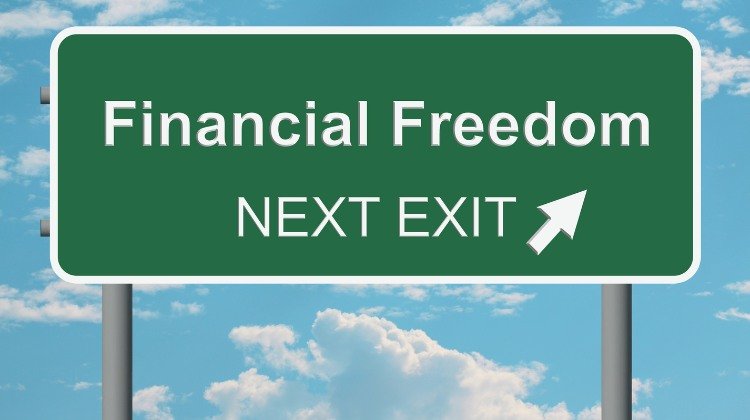Should I freeze my credit? It’s a common question, especially with data breaches and identity theft rampant. Protecting your financial information is crucial. This guide explains credit freezes, how they work, and their impact on your financial life.
Table of Contents:
- What is a Credit Freeze?
- How Does a Credit Freeze Work?
- Freezing Your Credit: A Step-by-Step Guide
- When Should You Consider a Credit Freeze?
- Benefits of Freezing Your Credit
- Is a Credit Freeze Right for You?
- Conclusion
What is a Credit Freeze?
A credit freeze, or security freeze, locks your credit reports. It restricts access to your credit information. This makes it harder for identity thieves to open accounts in your name. It shields your financial identity.
How Does a Credit Freeze Work?
Freezing your credit means Equifax, Experian, and TransUnion block lenders from seeing your credit reports. This prevents them from approving credit cards, auto loans, and services needing a credit check. You must freeze your credit with each credit bureau separately.
Freezing Your Credit: A Step-by-Step Guide
Freezing your credit is simple and free. You can do it online, by phone, or by mail.
| Bureau | Online | Phone | |
|---|---|---|---|
| Equifax | Equifax Credit Freeze | 888-298-0045 | Equifax Info Services LLC P.O.Box 105788 Atlanta, GA 30348-5788 |
| Experian | Experian Credit Freeze | 888-397-3742 | Experian Security Freeze P.O.Box 9554 Allen, TX 75013 |
| TransUnion | TransUnion Credit Freeze | 800-916-8800 | TransUnion P.O. Box 2000, Chester, PA 19016 |
Online and phone requests are fast; mail requests take up to three business days. Small differences may exist between credit bureaus when managing freezes. Keep track of your PINs. Check each bureau’s website for specifics.
You can also call customer service. They can answer questions regarding personal loans, small businesses, and free credit scores. They may ask security questions, but never your full Social Security Number.
When Should You Consider a Credit Freeze?
A credit freeze is useful in certain situations. If you’re a victim of identity theft, a freeze stops further damage. It’s especially helpful if your Social Security number was stolen in a data breach. A credit freeze offers substantial protection for your credit file, free credit reports and even affects mortgage rates down the line when your lender runs a free credit score.
Freezing your credit proactively is also wise. It creates difficulty for fraud, even if you haven’t experienced identity theft. Consider a freeze after a security incident.
Freezing safeguards you until control is regained. Attackers often exploit information after publicized hacking events. Your data may be bought and sold on the dark web following such events. Freezing your credit can protect your checking account, as well as savings accounts.
Benefits of Freezing Your Credit
Freezing your credit offers peace of mind. Your information is protected. It makes you invisible to fraudulent account openings and is free. You’ll even save on costs of bad credit and other problems associated with identity theft. This protects your credit scores too which comes in handy when applying for auto loans.
Is a Credit Freeze Right for You?
Consider your situation. Should I freeze my credit if I regularly apply for new credit? A credit freeze is probably not ideal. Repeatedly freezing and unfreezing is inconvenient.
You’ll need to contact each credit bureau (Equifax, Experian, and TransUnion) each time. Remember to remove the freezes each time you apply for services, such as a new bank account or cell phone. Remember that this affects your credit reports.
Think about your habits. A lot of new credit applications and a freeze don’t mix. You’d have to thaw and refreeze each credit bureau with each credit application. Consider this process before applying for personal loans and rewards credit cards.
Alternatives to credit freezes exist. Fraud alerts protect your credit without locking your reports. These are very beneficial to check before and after receiving any new type of loan such as apr credit cards or apr credit generally, as it helps avoid surprises with free credit score reporting or the building credit process that could have other impacts to fair credit issues and getting approval when it comes to calculating the optimal amount for certain insurance premiums on your auto insurance, etc.
If you rarely apply for new credit, a credit freeze may be worthwhile. The protection it provides may outweigh the inconvenience. It’s about balance. Many financial questions arise: should I consolidate debt? Should I pay bills early? Should I buy or lease? It’s all about your unique situation when deciding should I freeze my credit?.
Other financial decisions also matter. When should I refinance a home loan? When should I schedule my kids’ doctor appointments? Should I refinance student loans or personal loan balances? Should I use available credit to improve my credit score? All these factor into smart money management.
If your credit score is poor, it impacts everything—from loan premiums to auto loans. Does a credit freeze help in these situations? Do credit freezes affect approval rates based on consolidated debt? Understanding how a security freeze impacts these factors is important for building credit and achieving financial stability. Think about money market accounts and free credit score information.
Conclusion
So, should I freeze my credit? It depends on your needs. It’s free and effective against identity theft and fraud, especially if you don’t frequently apply for new credit. Weigh the pros and cons. Making an informed decision about freezing your credit provides peace of mind in our digital financial world. Freezing your credit could protect your digital checking account, and high-yield savings accounts.









Reader Interactions